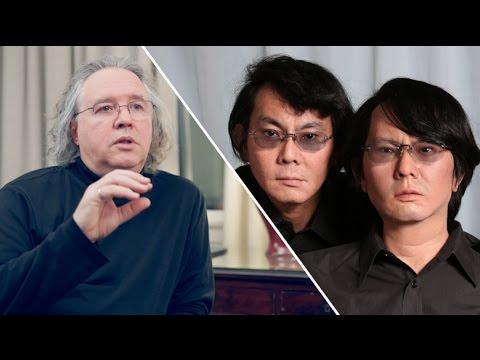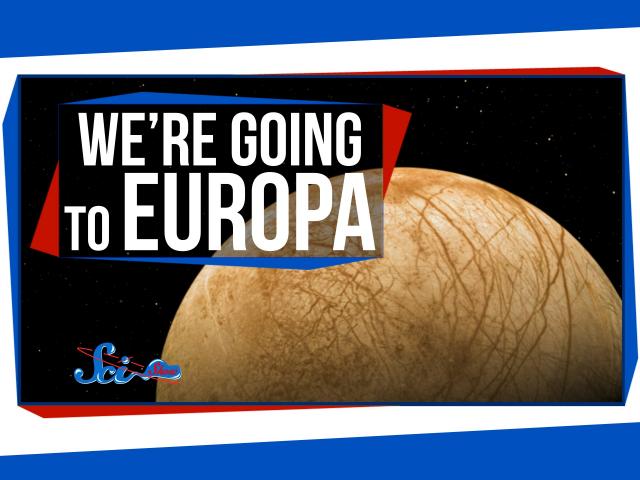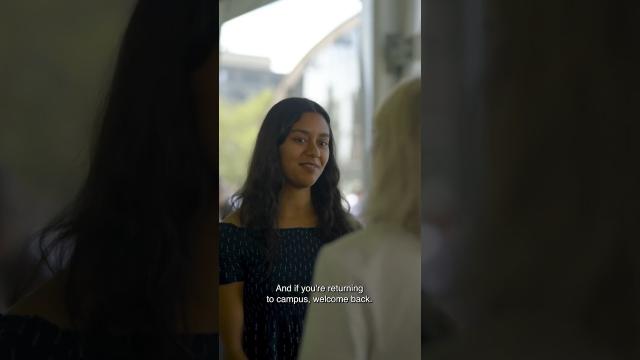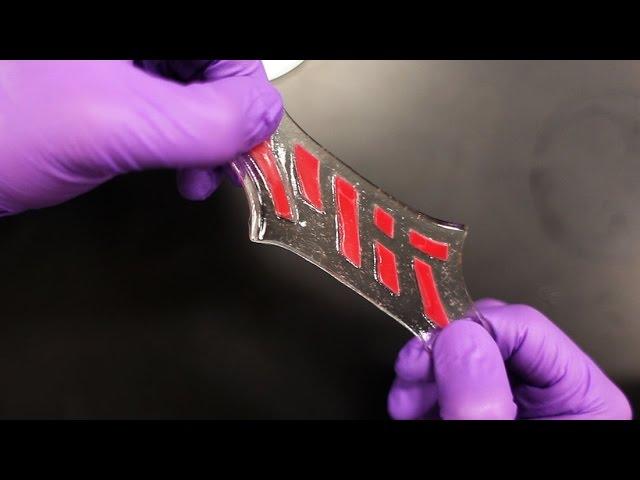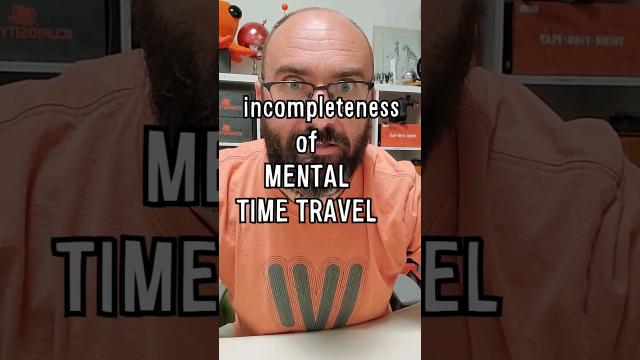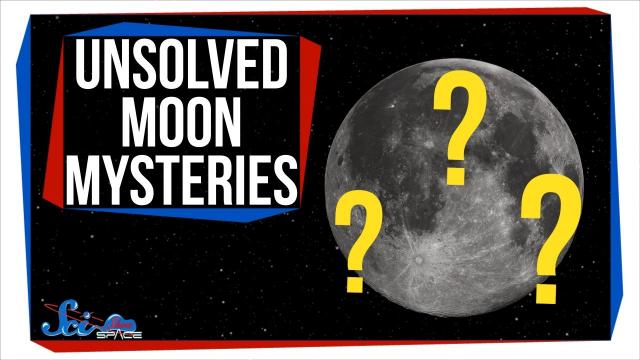Time Travel, Teleportation & Science
Time travel is the concept of moving between different points in time in a manner analogous to moving between different points in space, generally using a theoretical invention, namely a time machine. It has a commonly recognized place in philosophy and fiction, but has a very limited application in real world physics, such as in quantum mechanics or wormholes.
Although the 1895 novel The Time Machine by H. G. Wells was instrumental in moving the concept of time travel to the forefront of the public imagination, The Clock That Went Backward by Edward Page Mitchell was published in 1881 and involves a clock that allowed three men to travel backwards in time.[1][2] Non-technological forms of time travel had appeared in a number of earlier stories such as Charles Dickens' A Christmas Carol. Historically, the concept dates back to the early mythologies of Hinduism (such as the Mahabharata), Buddhism, and Islam through ancient folk tales. More recently, with advancing technology and a greater scientific understanding of the universe, the plausibility of time travel has been explored in greater detail by science fiction writers, philosophers, and physicists.
Teleportation, or Teletransportation, is the theoretical transfer of matter or energy from one point to another without traversing the physical space between them. It has a commonly recognized place in science fiction literature, film, and television, but as yet has a very limited application in real world physics, such as quantum teleportation or the study of wormholes.
Science (from Latin scientia, meaning "knowledge") is a systematic enterprise that builds and organizes knowledge in the form of testable explanations and predictions about the universe. In an older and closely related meaning, "science" also refers to a body of knowledge itself, of the type that can be rationally explained and reliably applied. A practitioner of science is known as a scientist.
In modern usage, "science" most often refers to a way of pursuing knowledge, not only the knowledge itself. It is also often restricted to those branches of study that seek to explain the phenomena of the material universe.
Source : Wikipedia
-
07:09
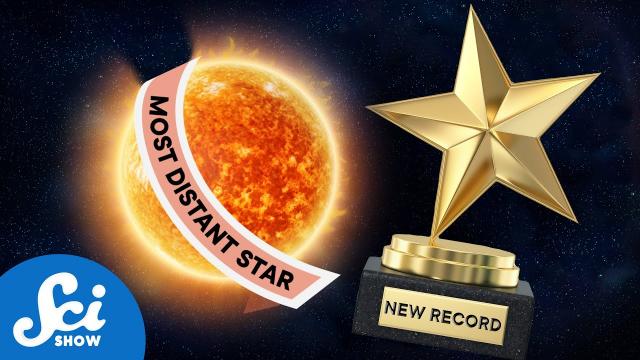
Space Superlatives of 2022
Added 145 Views / 0 LikesAs we wrap up 2022, we'd like to celebrate a few of the cosmic “winners” discovered this year, at least while they still hold their titles.Hosted by: Reid Reimers (he/him)----------Huge thanks go to the following Patreon supporter for helping us keep SciS
-
02:57
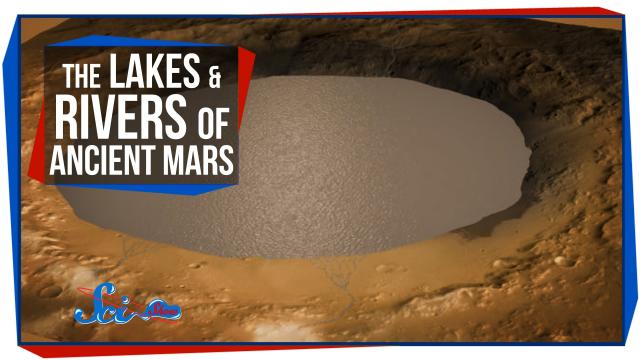
The Lakes and Rivers of Ancient Mars
Added 678 Views / 0 LikesThe Lakes and Rivers of Ancient Mars
-
06:55
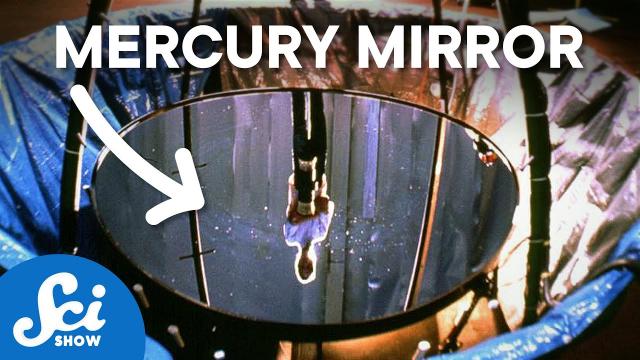
This Toxic Liquid Telescope from the 1850s Is Finally Useful
Added 144 Views / 0 LikesSometimes looking into a pool of a toxic liquid holds the secrets of the universe–or maybe just this one time.Hosted by: Hank Green (he/him)----------Huge thanks go to the following Patreon supporter for helping us keep SciShow Space free for everyone for
-
01:01
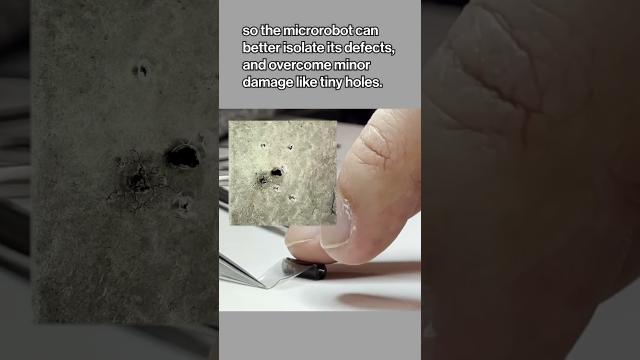
Bug-sized robot recovery
Added 182 Views / 0 LikesNew repair techniques enable microscale robots to recover flight performance after suffering severe damage. Learn more: https://news.mit.edu/2023/resilient-bug-sized-robots-wing-damage-0315
-
02:20
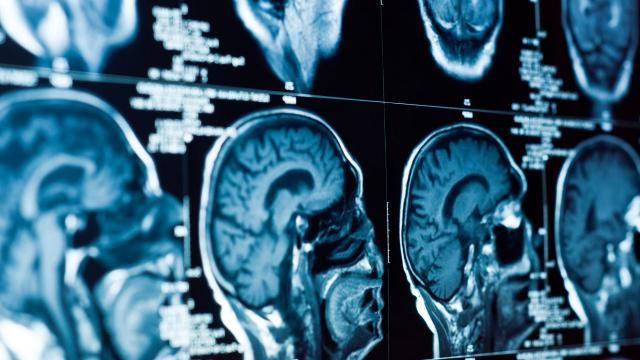
A Free Lunch: the Dawn of Direct Brain-to-Machine Communication
Added 807 Views / 0 LikesA Free Lunch: the Dawn of Direct Brain-to-Machine Communication
-
01:00
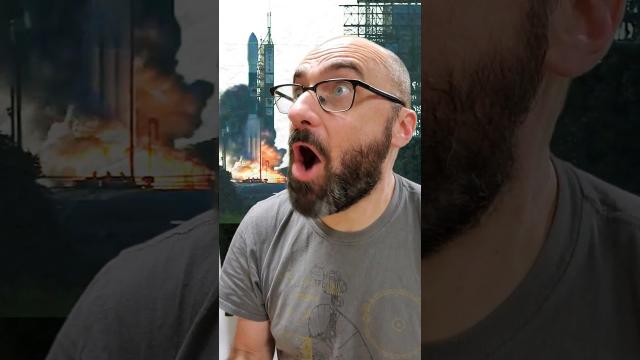
Alphabetizing Numbers
Added 288 Views / 0 LikesRoman Numerals alphabetized: http://mat.msgsu.edu.tr/~dpierce/Poetry/English/Roman-Numerals/roman-numerals-2014.pdfClosky's book: https://edcat.net/item/the-first-thousand-numbers-classified-in-alphabeti/
-
1:29:35
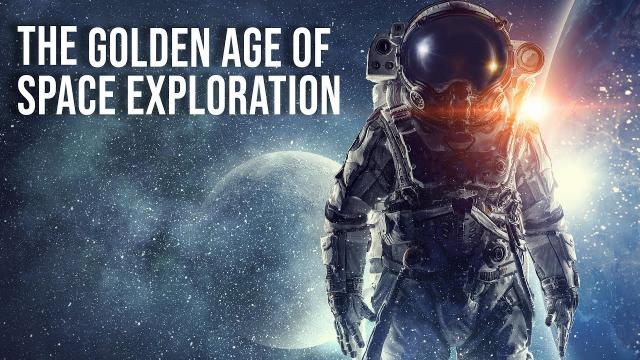
The Golden Age of Space Exploration
Added 145 Views / 0 Likes#space #NASA #explorationIn the next two decades, human beings will return to the moon, set foot on Mars, and launch telescopes capable of detecting extraterrestrial life. NASA’s outgoing head scientist Thomas Zurbuchen oversaw much of the planning for th
-
13:00
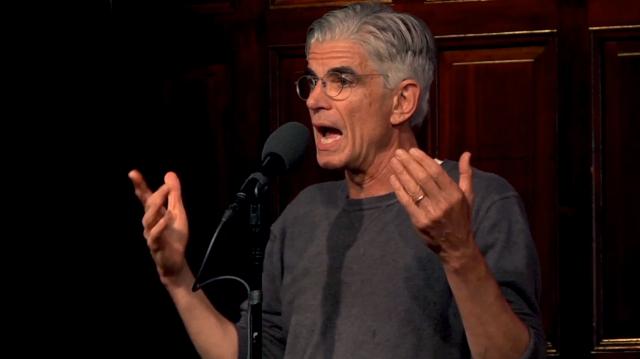
The Moth - Michael Moss: It's All Relative
Added 575 Views / 0 LikesThe Moth - Michael Moss: It's All Relative
-
02:48
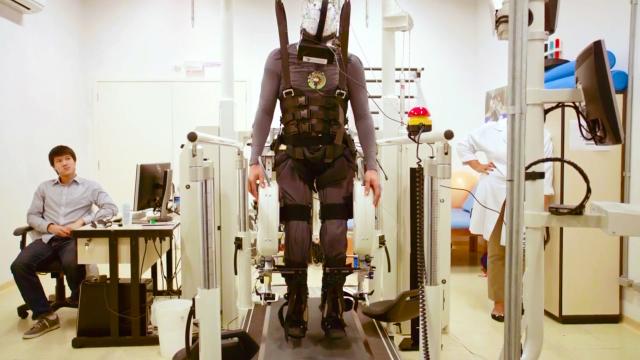
Miguel Nicolelis Helps Paralyzed Patients Learn to Move Again
Added 771 Views / 0 LikesMiguel Nicolelis Helps Paralyzed Patients Learn to Move Again
-
15:37
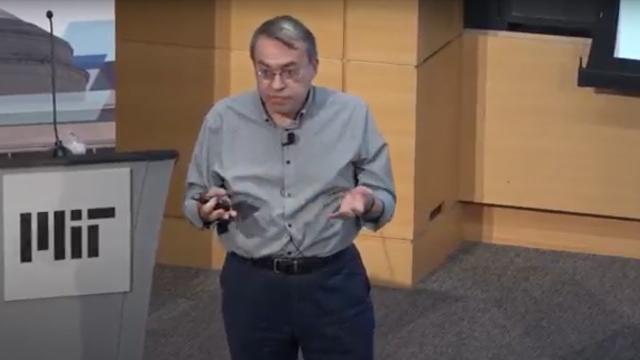
Generative AI Impact on Commerce: Dimitris Bertsimas
Added 113 Views / 0 LikesDimitris Bertsimas, Professor and Associate Dean for Business Analytics, MIT Sloan School of Management on legal regenerative AI.Watch more videos from MIT: http://www.youtube.com/user/MITNewsOffice?sub_confirmation=1The Massachusetts Institute of Technol
-
08:11
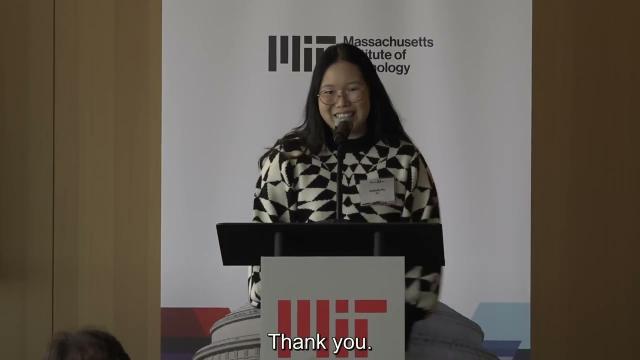
Generative AI + Education Morning Lightning Talks
Added 148 Views / 0 LikesShort introductions to research projects from Brayden Zhang, Isabella Pu, Shannon Shen, Nwanacho Nwana, Joanne Leong, and Siddharth Mishra-Sharma. Watch more videos from MIT: http://www.youtube.com/user/MITNewsOffice?sub_confirmation=1The Massachusetts In
-
04:45
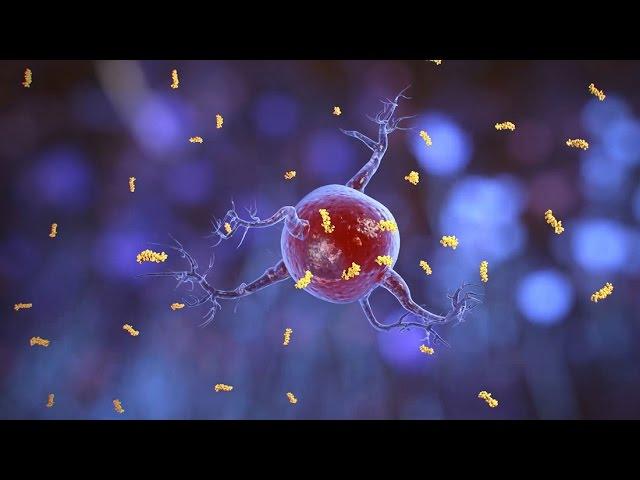
Light-based therapy for Alzheimer's disease
Added 737 Views / 0 LikesLight-based therapy for Alzheimer's disease
-
26:37
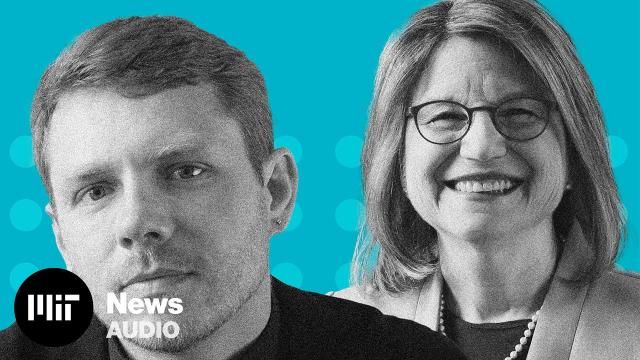
Curiosity Unbounded, Ep. 7: Staying radical and relevant
Added 156 Views / 0 LikesSkylar Tibbits is a designer and computer scientist whose research focuses on self-assembling and programmable materials, and 3D and 4D printing. He is the founder of the MIT Self-Assembly Lab. Here, Skylar speaks with MIT President Sally Kornbluth about
-
02:10
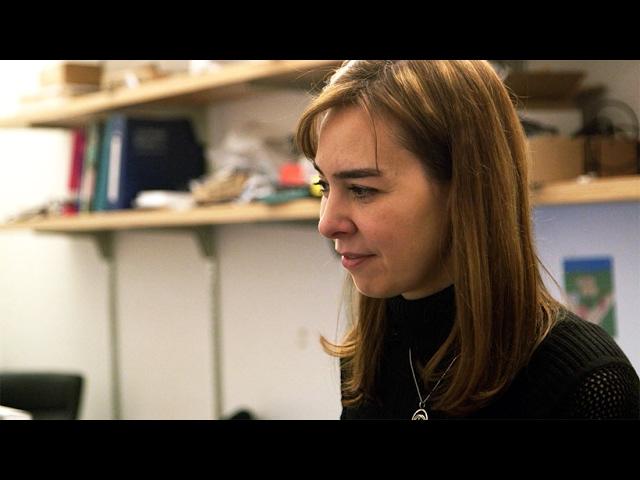
Tackling science and technology together
Added 575 Views / 0 LikesTackling science and technology together

